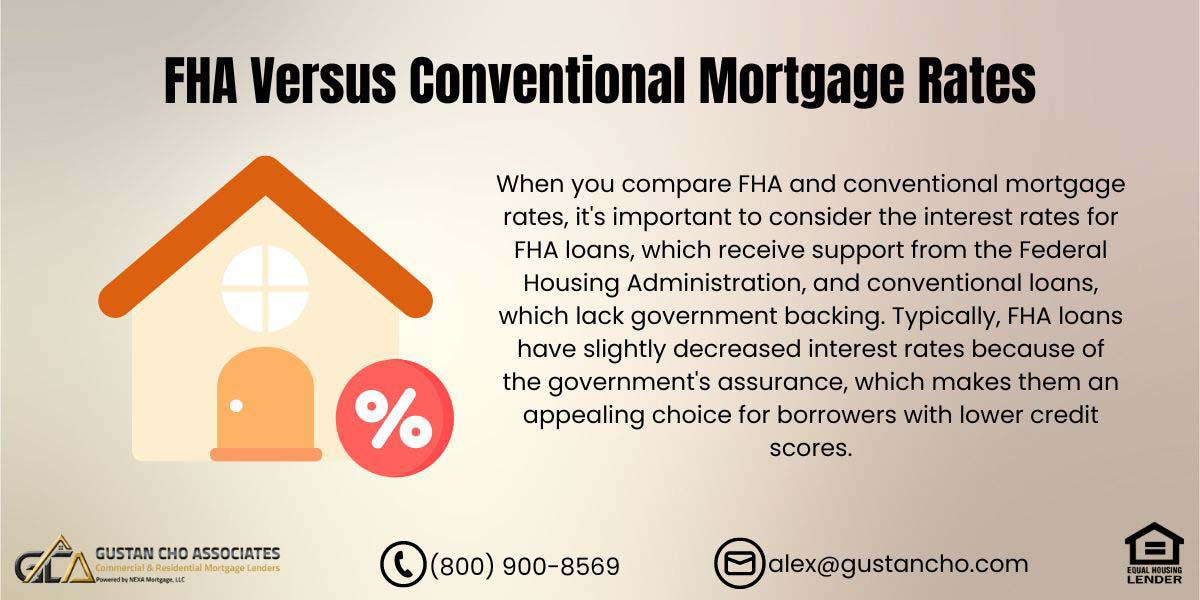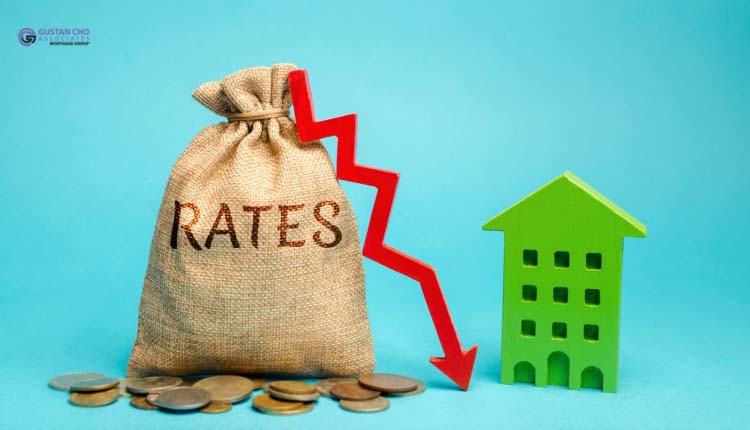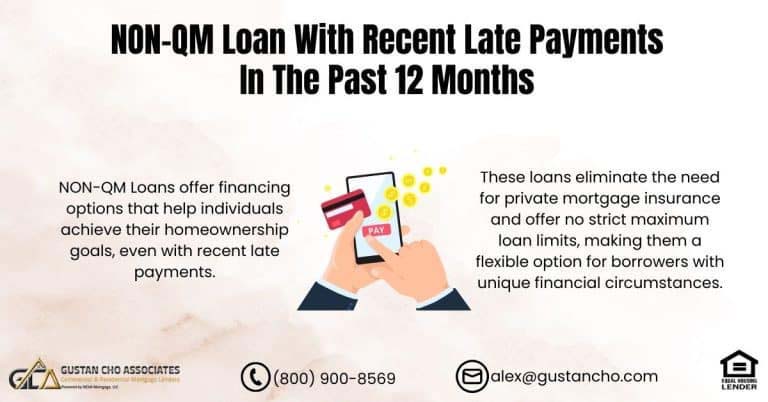This guide covers FHA versus conventional mortgage rates on purchase and refinances transactions. One of the most common questions the team at Gustan Cho Associates is how are FHA versus Conventional mortgage rates. Not all borrowers get the same mortgage rates.
Prime borrowers will get the best mortgage rates and terms. Prime borrowers have at least a 740 credit score and a 20% down payment. However, all lenders have pricing hits which are called loan-level pricing adjustments. Loan-level pricing adjustments are also referred to as LLPAs or pricing adjustments.
Lenders will charge pricing hits on riskier borrowers. One of the major factors that determine risk by lenders is the borrower’s credit score. The lower the borrower’s credit score, the higher the risk. Borrowers with lower credit scores will get higher mortgage rates and possibly be charged discount points. In the following paragraphs, we will discuss FHA versus conventional mortgage rates.
Better Rates FHA Versus Conventional Mortgage Rates Due To Government Guarantee
Conventional loans are more credit score sensitive when it comes to mortgage rates. This is because conventional loans are not guaranteed or insured by a federal agency like FHA loans are. HUD insures FHA loans.
HUD is the parent of FHA. FHA will insure lenders against loss if the borrowers default on their FHA loans. Due to the government guarantee by HUD, mortgage rates on FHA loans are generally lower than on conforming loans. FHA loans have no loan-level pricing adjustments on loan-to-value (LTV).
Again, the reason FHA loans do not have LLPAs on LTV is due to the guarantee by HUD. However, it is mandatory for all 30-year fixed-rate FHA loans to have an annual FHA MIP of 0.55% for the term of the loan. This article will discuss and cover FHA Versus Conventional mortgage rates on purchase and refinance.
FHA or Conventional Mortgage? Let’s Help You Choose the Right Loan for Your Home Purchase!
Contact us today to discuss your options and find the best loan for your needs and financial situation.
Why Are FHA Loans Very Popular
FHA loans are one of the most popular loan programs in the United States. HUD, the parent of FHA, sets the minimum federal agency mortgage guidelines on FHA loans. Over 40% of all homebuyers use FHA loans to finance their homes. One of the most popular reasons home buyers choose FHA versus Conventional loans is because FHA loans have much lenient mortgage guidelines versus conventional loans. Borrowers can qualify for FHA loans with credit scores as low as 500 FICO.
To qualify for a 3.5% down payment FHA loan, the borrower must have a 580 credit score. Borrowers under 580 FICO and down to 500 credit scores can qualify for FHA loans but need a 10% down payment. The minimum credit score requirements on conventional loans are 620 FICO. 620 credit score is considered very bad on conventional loans.
Borrowers with a 620 FICO will get quoted a very high mortgage rate plus discount points. On FHA loans, a 620 credit score is not bad. Borrowers with a 620 credit score will get par rates and will likely not be charged discount points. FHA has higher debt-to-income ratio caps versus conventional loans. Borrowers can have a back-end debt-to-income ratio of 56.9% DTI on FHA loans. Conventional loans will cap debt to income ratio at 50% to get an approve/eligible per automated underwriting system (AUS).
What is FHA 30-Year Fixed?
The FHA 30-year fixed mortgage is a popular home loan option, especially among first-time homebuyers and those with less-than-perfect credit. The Federal Housing Administration (FHA) supports this loan.It features a consistent interest rate throughout the entire 30-year, ensuring steady and foreseeable monthly mortgage payments.
Compared to conventional loans, FHA loans typically require a lower down payment—often as low as 3.5% of the home’s purchase price—and have more lenient credit score requirements.
For example, individuals with credit scores of 580 or higher are eligible for the low down payment option. In contrast, those between 500 and 579 scores might still qualify for a 10% down payment.
When comparing FHA Versus Conventional Mortgage Rates, it’s essential to note that FHA loans often have slightly lower interest rates, making them an attractive option for eligible borrowers. FHA loans include extra expenses such as an initial mortgage insurance premium (UFMIP) and a yearly mortgage insurance premium (MIP) paid monthly.
Despite these additional costs, the overall rate for home loan can still be favorable, especially for those who might not qualify for competitive rates on conventional loans. FHA loans also allow higher debt-to-income ratios and are available for primary residences only, making them a flexible and accessible choice for many homebuyers.
Borrowers under 700 credit scores will benefit from FHA versus conventional mortgage rates. As mentioned earlier, Conventional mortgage rates are more sensitive to credit scores. In general, FHA mortgage rates are about 0.25% to 0.50% lower than conventional rates due to the government guarantee by HUD.
One of the disadvantages of FHA loans is FHA mortgage insurance premium is mandatory on all 30-year fixed-rate FHA loans. This holds true no matter how much the loan to value is. You cannot opt out of the annual FHA MIP on FHA loans. No matter how low the loan to value, FHA MIP is required for the term of the 30-year fixed-rate mortgage.
You cannot cancel the FHA MIP. Conventional Loans require no private mortgage insurance if the borrower has 20% equity. Borrowers who do not have a 20% down payment when purchasing a home with a conventional loan can cancel the private mortgage insurance once they have an 80% LTV. This can be done sooner than later in an appreciating housing market.
Monthly Housing Payment With Mortgage Insurance
When shopping for a mortgage, I highly recommend choosing a loan program that best suits your needs. Comparing mortgage rates is important. However, what loan program saves you the most money? Just getting the best mortgage rates is not everything.
Consider the overall monthly housing payments when comparing FHA Versus Conventional mortgage rates. Private mortgage insurance is normally cheaper than the FHA mortgage insurance premium.
Compare and contrast the overall monthly housing payments, including mortgage insurance. Also, look at the pros and cons of FHA versus Conventional mortgage insurance. Remember that you cannot cancel the FHA mortgage insurance premium on 30-year fixed-rate mortgages. This holds true no matter how low your LTV is. On Conventional loans, you can cancel the private mortgage insurance once you reach an 80% loan to value. Your loan officer can do a cost analysis on the benefits and pros and cons of FHA versus conventional mortgage rates.
FAQs: FHA Versus Conventional Mortgage Rates
- 1. What are FHA versus Conventional Mortgage Rates? When you compare FHA and conventional mortgage rates, it’s important to consider the interest rates for FHA loans, which receive support from the Federal Housing Administration, and conventional loans, which lack government backing. Typically, FHA loans have slightly decreased interest rates because of the government’s assurance, which makes them an appealing choice for borrowers with lower credit scores.
- 2. Why do FHA loans typically have lower interest rates? FHA loans usually have lower interest rates because they are insured by the Federal Housing Administration, which reduces the risk for lenders. This government guarantee allows lenders to offer more favorable rates for home loans to eligible borrowers, even those with less-than-perfect credit scores.
- 3. How does a borrower’s credit score affect FHA versus Conventional Mortgage Rates? Credit scores play a significant role in determining mortgage rates. Conventional loans are more sensitive to credit scores, meaning that borrowers with lower scores will see higher interest rates and possibly additional costs such as discount points. Conversely, FHA loans have more lenient credit score requirements and tend to offer lower rates for home loans to borrowers with scores as low as 580 for a 3.5% down payment, or even 500 with a 10% down payment.
- 4. What are the key differences between FHA and conventional loans in mortgage insurance? FHA loans need both an initial mortgage insurance premium (UFMIP) and a yearly mortgage insurance premium (MIP) that is paid every month throughout the loan period, regardless of the loan-to-value (LTV) ratio. Conventional loans, however, demand private mortgage insurance (PMI) from borrowers with less than 20% equity. Nevertheless, they permit the cancellation of PMI once the borrower achieves 20% equity in their home.
- 5. Can you cancel mortgage insurance on FHA loans? You cannot cancel the mortgage insurance premium (MIP) on FHA loans with a 30-year term, regardless of the loan-to-value (LTV) ratio. On conventional loans, you can cancel the private mortgage insurance (PMI) once you reach an 80% LTV, which can save money over time.
- 6. How do debt-to-income ratio requirements compare between FHA and conventional loans? FHA loans generally have higher debt-to-income ratio limits compared to conventional loans. Borrowers can have a back-end debt-to-income ratio of up to 56.9% for FHA loans. Conventional loans typically cap the ratio at 50% to receive an approved/eligible recommendation from the automated underwriting system (AUS).
- 7. Why are FHA loans popular among homebuyers? FHA loans are well-liked as they provide more relaxed qualification criteria than conventional loans, including reduced credit score prerequisites and greater debt-to-income ratio thresholds. Moreover, the government guarantee, which leads to lower interest rates, makes FHA loans appealing for numerous borrowers. More than 40% of homebuyers in the United States utilize FHA loans to fund their homes.
If you have any questions about FHA Versus Conventional Mortgage Rates or borrowers who need to qualify for FHA loans with a lender with no overlays on government or conforming loans, please contact us at 800-900-8569. Text us for a faster response. Or email us at alex@gustancho.com. The team at Gustan Cho Associates is available 7 days a week, on evenings, weekends, and holidays.
This blog about FHA Versus Conventional Mortgage Rates was updated on January 4th, 2024.
Not Sure About FHA vs. Conventional Mortgages? We’ll Help You Make the Right Choice!
We’ll walk you through the differences between FHA and conventional mortgages, so you can make an informed decision. Contact us today to get started.










